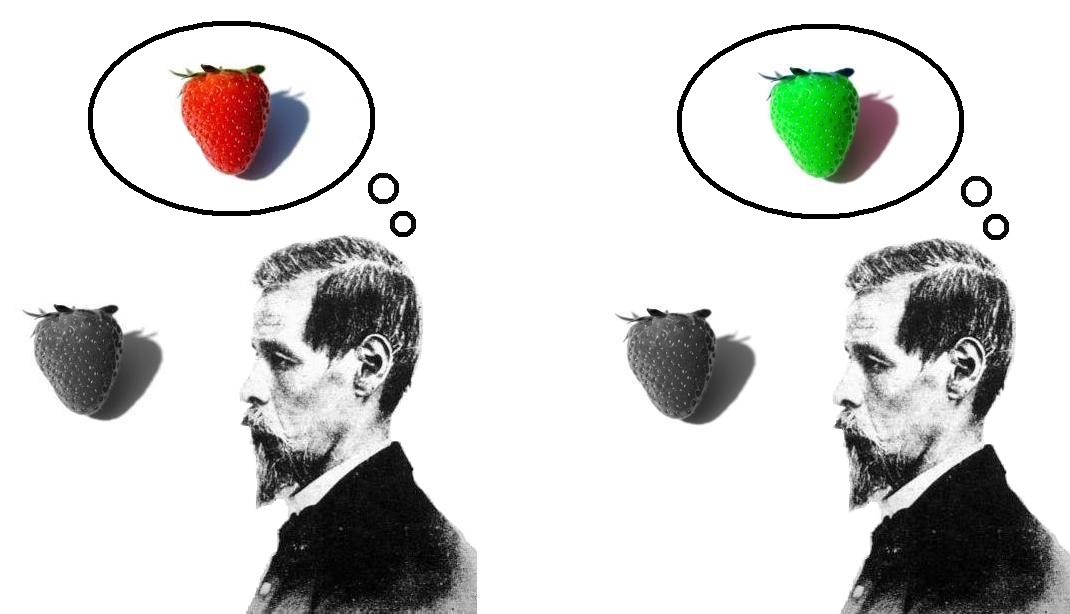|
Cosmopsychism
In the philosophy of mind, panpsychism () is the view that the mind or a mindlike aspect is a fundamental and ubiquitous feature of reality. It is also described as a theory that "the mind is a fundamental feature of the world which exists throughout the universe." It is one of the oldest philosophical theories, and has been ascribed to philosophers including Thales, Plato, Spinoza, Leibniz, William James, Alfred North Whitehead, Bertrand Russell, and Galen Strawson. In the 19th century, panpsychism was the default philosophy of mind in Western thought, but it saw a decline in the mid-20th century with the rise of logical positivism. Recent interest in the hard problem of consciousness and developments in the fields of neuroscience, psychology, and quantum physics have revived interest in panpsychism in the 21st century. Overview Etymology The term ''panpsychism'' comes from the Ancient Greek, Greek ''pan'' (wikt:πᾶν, πᾶν: "all, everything, whole") and ''psyche'' (wikt: ... [...More Info...] [...Related Items...] OR: [Wikipedia] [Google] [Baidu] |
Hard Problem Of Consciousness
The hard problem of consciousness is the problem of explaining why and how humans have qualia or phenomenal experiences. This is in contrast to the "easy problems" of explaining the physical systems that give us and other animals the ability to discriminate, integrate information, and so forth. These problems are seen as relatively easy because all that is required for their solution is to specify the mechanisms that perform such functions. Philosopher David Chalmers writes that even once we have solved all such problems about the brain and experience, the hard problem will still persist. The existence of a "hard problem" is controversial. It has been accepted by philosophers of mind such as Joseph Levine, Colin McGinn, and Ned Block and cognitive neuroscientists such as Francisco Varela, Giulio Tononi, and Christof Koch. However, its existence is disputed by philosophers of mind such as Daniel Dennett, Massimo Pigliucci, Thomas Metzinger, Patricia Churchland, and ... [...More Info...] [...Related Items...] OR: [Wikipedia] [Google] [Baidu] |
